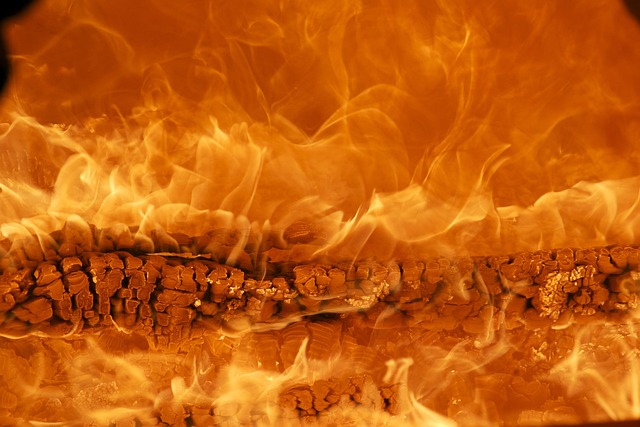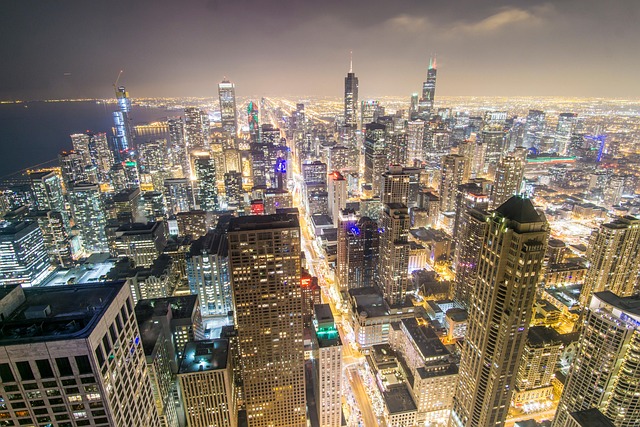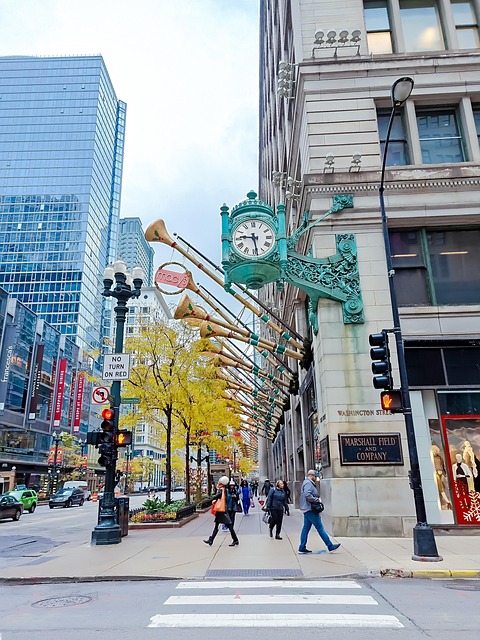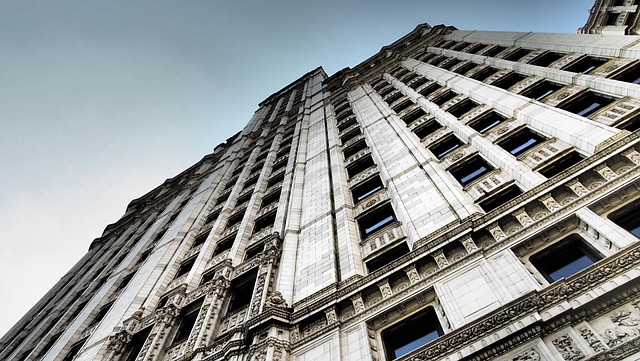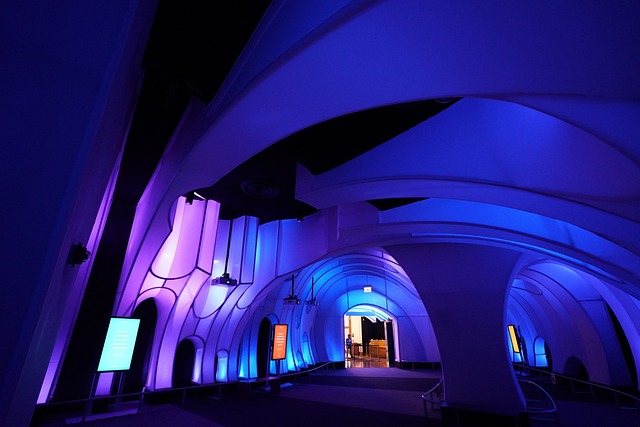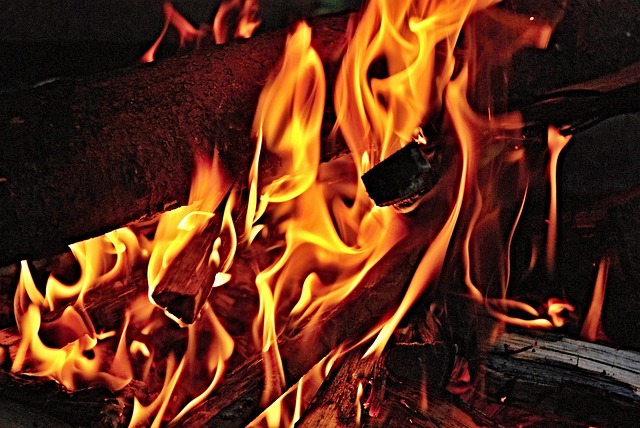The Chicago real estate market is experiencing a boom, with neighborhoods like Lincoln Park, Wicker Park, and Bucktown gaining popularity. Investing in properties requiring renovation, specifically those with fire damage, can be lucrative due to increased property values post-restoration. Investors can find advantageous deals by employing strategic approaches such as online searches, local agent consultations, pre-foreclosure auctions, and meticulous inspections. However, navigating legal challenges like building permits, zoning regulations, and insurance is essential to avoid issues during the renovation process. Successful investments involve thorough assessments, modern renovations focusing on value increases, and adherence to local building codes for long-term profitability.
“Uncover the lucrative world of Chicago real estate investment, especially focusing on the unique opportunities within the city’s fire-damaged properties. This comprehensive guide explores the dynamic market trends that have made investing in Chicago a hotbed for returns. From identifying distressed assets to navigating legal and financial intricacies, we provide essential strategies.
Learn from successful case studies of rehabilitating fire-damaged houses in Chicago, offering valuable insights for investors brave enough to tackle these projects. Discover how to turn challenges into profits in the vibrant city known for its resilient real estate scene.”
- Understanding the Chicago Real Estate Market: Trends and Opportunities for Investors
- Navigating Property Acquisition: Strategies for Identifying Fire-Damaged Houses in Chicago
- The Financial Aspects: Assessing and Renovating Fire-Damaged Properties in Chicago
- Legal Considerations: Permits, Insurance, and Regulations for Investing in Damaged Real Estate
- Case Studies: Successful Rehabilitation Projects and Lessons Learned by Chicago Investors
Understanding the Chicago Real Estate Market: Trends and Opportunities for Investors
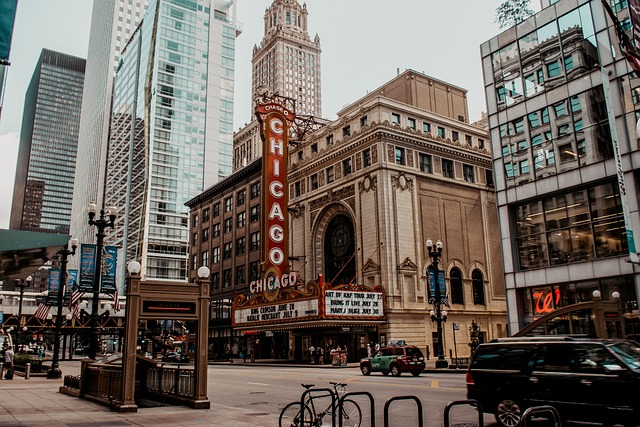
The Chicago real estate market is a vibrant and diverse landscape, offering both established investors and newcomers a plethora of opportunities. In recent years, the city has seen a surge in property values, driven by a strong economy and a thriving job market. This growth has been particularly notable in neighborhoods like Lincoln Park, Wicker Park, and Bucktown, where historic buildings and trendy cafes have attracted young professionals and families alike. Understanding these trends is crucial for real estate investors looking to make informed decisions, especially when considering properties that might require renovation, such as those with fire damage in Chicago.
When it comes to selling a house with fire damage in Chicago, investors must be aware of the unique challenges and potential benefits. While repairs can be costly, areas hit by fires often experience a rebound effect post-restoration. Investors who can identify these emerging markets and act swiftly may find themselves reaping substantial returns. Additionally, tax incentives and grants are sometimes available for property owners rehabilitating damaged buildings, further enhancing the viability of such investments.
Navigating Property Acquisition: Strategies for Identifying Fire-Damaged Houses in Chicago
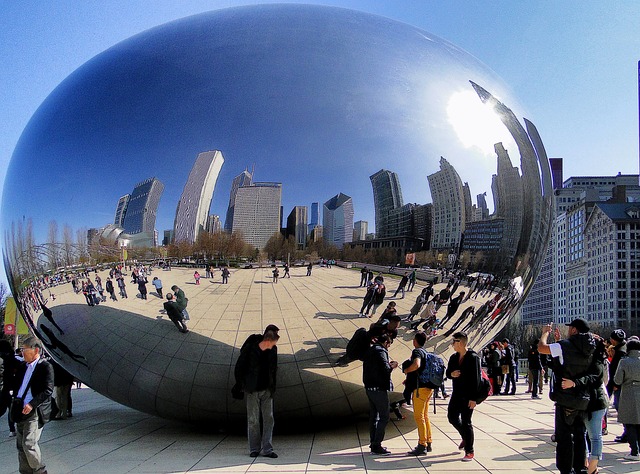
Navigating Property acquisition in Chicago involves a keen eye for identifying hidden gems, and one such opportunity lies in purchasing houses with fire damage. While it may seem daunting, many sellers are looking to sell their properties quickly due to financial constraints or insurance issues, presenting an advantage for investors. These properties often come at below-market prices, allowing investors to secure lucrative deals.
To identify these opportunities, real estate investors can employ various strategies. Conducting thorough online searches for “selling house with fire damage Chicago” can provide a starting point. Additionally, reaching out to local real estate agents specializing in distressed properties or attending pre-foreclosure auctions can offer access to exclusive listings. Inspecting potential properties and assessing the extent of damage is crucial; investors should consider the renovation costs alongside the property’s potential after repairs are made.
The Financial Aspects: Assessing and Renovating Fire-Damaged Properties in Chicago

In Chicago, real estate investors face unique opportunities and challenges, particularly when it comes to assessing and renovating fire-damaged properties. Selling a house with fire damage in Chicago requires careful consideration of both the physical repairs needed and the financial implications. Investors must carefully evaluate the cost of renovations against the potential increase in property value post-repair.
The city’s competitive real estate market means that even properties with historical fire damage can be revitalized into lucrative investments. It is crucial for investors to conduct thorough inspections, consult with professionals, and understand local building codes before embarking on renovation projects. This meticulous approach ensures that the financial aspects align with the physical transformation, resulting in a successful selling of the property, whether through traditional means or specialized real estate channels catering to buyers seeking such opportunities.
Legal Considerations: Permits, Insurance, and Regulations for Investing in Damaged Real Estate
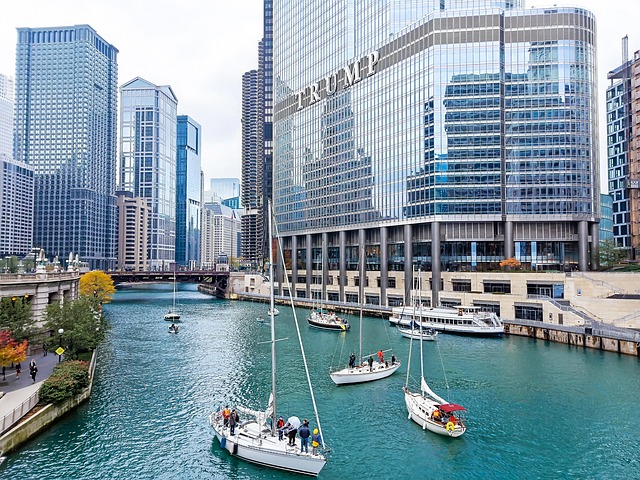
Investing in damaged real estate, such as a selling house with fire damage Chicago, comes with unique legal considerations that investors must navigate carefully. Prior to purchasing any distressed property, it’s crucial to understand and comply with local building permits and zoning regulations. In Chicago, obtaining the necessary permits for renovations is essential to avoid legal issues and potential fines.
Additionally, adequate insurance coverage is paramount. Investors should secure both property insurance and liability insurance to protect against unforeseen costs associated with repairs and any potential lawsuits. For selling houses with fire damage Chicago, understanding the specific requirements from insurance providers is vital to ensure a smooth buying and renovation process. Compliance with local building codes and safety standards further mitigates risks, ensuring the restored property meets habitable standards.
Case Studies: Successful Rehabilitation Projects and Lessons Learned by Chicago Investors
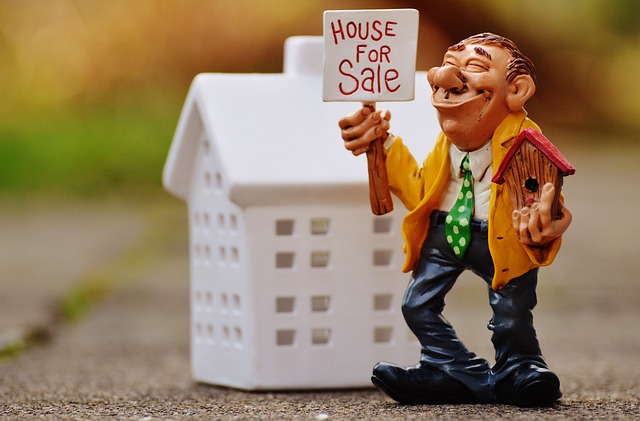
In Chicago, real estate investors have found unique opportunities in properties that require rehabilitation, particularly those affected by fire damage. Case studies of successful rehab projects reveal a number of key takeaways for investors looking to enter this market. One consistent lesson is the importance of thorough inspection and assessment; identifying structural integrity issues and understanding the extent of damage caused by fire is crucial before investing significant funds in repairs.
Investors who excel in Chicago’s rehab market also prioritize strategic renovation, focusing on improvements that enhance property value while adhering to local building codes. Many successful projects involve modernizing outdated kitchens and bathrooms, enhancing insulation for energy efficiency, and updating electrical systems. Additionally, addressing exterior repairs, such as roof replacement and siding restoration, is vital to ensure the long-term resilience of these selling houses with fire damage Chicago.
Chicago’s real estate market, characterized by its diverse neighborhoods and strong demand, presents unique opportunities for investors willing to tackle the challenges posed by fire-damaged properties. By understanding local trends, implementing strategic acquisition methods, and navigating the financial and legal aspects carefully, investors can successfully rehabilitate these homes, contribute to community renewal, and potentially achieve substantial returns. This article has provided valuable insights into each step of the process, from identifying distressed properties to learning from real-world case studies. Embracing these strategies equips investors with the tools to excel in the Chicago market when buying and renovating houses with fire damage.

